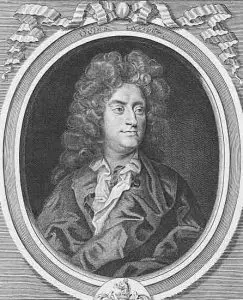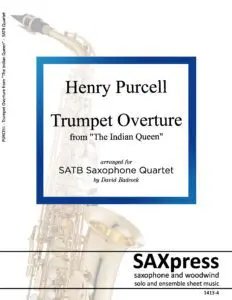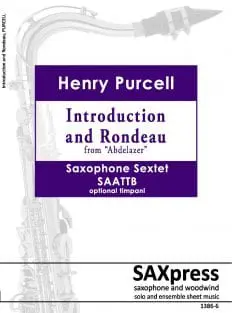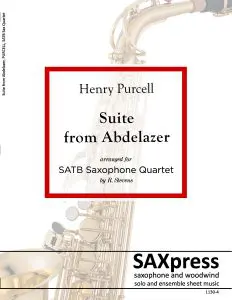Henry Purcell
Henry Purcell was an English composer of the middle Baroque period, most remembered for his more than 100 songs; a tragic opera, Dido and Aeneas; and his incidental music to a version of Shakespeare’s A Midsummer Night’s Dream called The Fairy Queen. Purcell, the most important English composer of his time, composed music covering a wide field: the church, the stage, the court, and private entertainment. In all these branches of composition he showed an obvious admiration for the past combined with a willingness to learn from the present, particularly from his contemporaries in Italy. With alertness of mind went an individual inventiveness that marked him as the most original English composer of his time as well as one of the most original in Europe.
Little is known of Purcell’s origins, but he was in the Chapel Royal choir from boyhood, and he probably studied with Pelham Humfrey (1647–74) and John Blow (1649–1708). His first known composition was written at age eight. When his voice changed, he assisted in keeping the royal instruments in repair and tuning the Westminster Abbey organ. He became organist there in 1679 and at the Chapel Royal in 1682. He wrote music in a number of genres. His opera Dido and Aeneas (1689) is notable for achieving a high degree of dramatic intensity within a narrow framework. This he followed with the “semi-operas” King Arthur (1691), The Fairy Queen (1692), and The Indian Queen (1695). He also wrote much incidental music, some 250 songs, 12 fantasias for viol consort, and many anthems and services. He is regarded as the greatest English composer after William Byrd and before the 20th century.
Purcell’s musical style was uniquely English, although it incorporated Italian and French elements. Generally considered among the greatest English opera composers, Purcell has been ranked alongside John Dunstaple and William Byrd in the pantheon of English early music.
Henry Purcell works available at SAXpress
Showing all 3 resultsSorted by latest




